Subtle Warning Signs Your Kidneys Are Asking For Help
Your kidneys don’t come with warning lights—but they do send signals. These two fist-sized organs work around the clock to filter toxins, balance fluids, regulate blood pressure, and keep your body in equilibrium. Yet when they’re in trouble, they don’t always speak loudly. Instead, they whisper—through subtle symptoms that are easy to brush off as stress, age, or just “normal.” That’s what makes kidney issues so dangerous: most people don’t notice until serious damage is already underway. That’s why we’ve expanded our guide of surprising signs that may be your kidneys subtly—yet urgently—asking for help. From unusual cravings to changes in skin or mood, these clues are often hiding in plain sight. The sooner you learn to recognize them, the better your chances of protecting long-term kidney health. Because when your kidneys are trying to tell you something, the most powerful thing you can do is listen.
1. Persistent Fatigue

Kidneys quietly handle some of the body’s most critical jobs—filtering waste, balancing minerals, and producing hormones that influence red blood cell production. When they begin to falter, toxins accumulate in the bloodstream, silently sapping your energy. The result? A deep, unrelenting fatigue that rest can’t fix. You might feel sluggish all day, struggle to get out of bed, or notice your concentration slipping. This exhaustion isn’t like being tired after a long day—it’s a cellular-level depletion. If your fatigue feels out of sync with your lifestyle or sleep, your kidneys might be signaling that they’re struggling to keep up.
2. Puffiness Around the Eyes

It’s easy to dismiss morning puffiness as a bad night’s sleep or too much salt, but swelling around the eyes—especially when it becomes consistent—can signal something deeper. When kidneys are damaged, they may allow protein to leak into the urine instead of keeping it in the bloodstream. This loss of essential protein can cause fluid to accumulate in tissues, particularly in the delicate skin around your eyes. The result is that telltale morning puffiness that doesn’t go away easily. If you notice swollen eyelids alongside other subtle health changes, don’t overlook it—it may be one of your kidneys’ earliest distress signals.
3. Foamy or Bubbling Urine
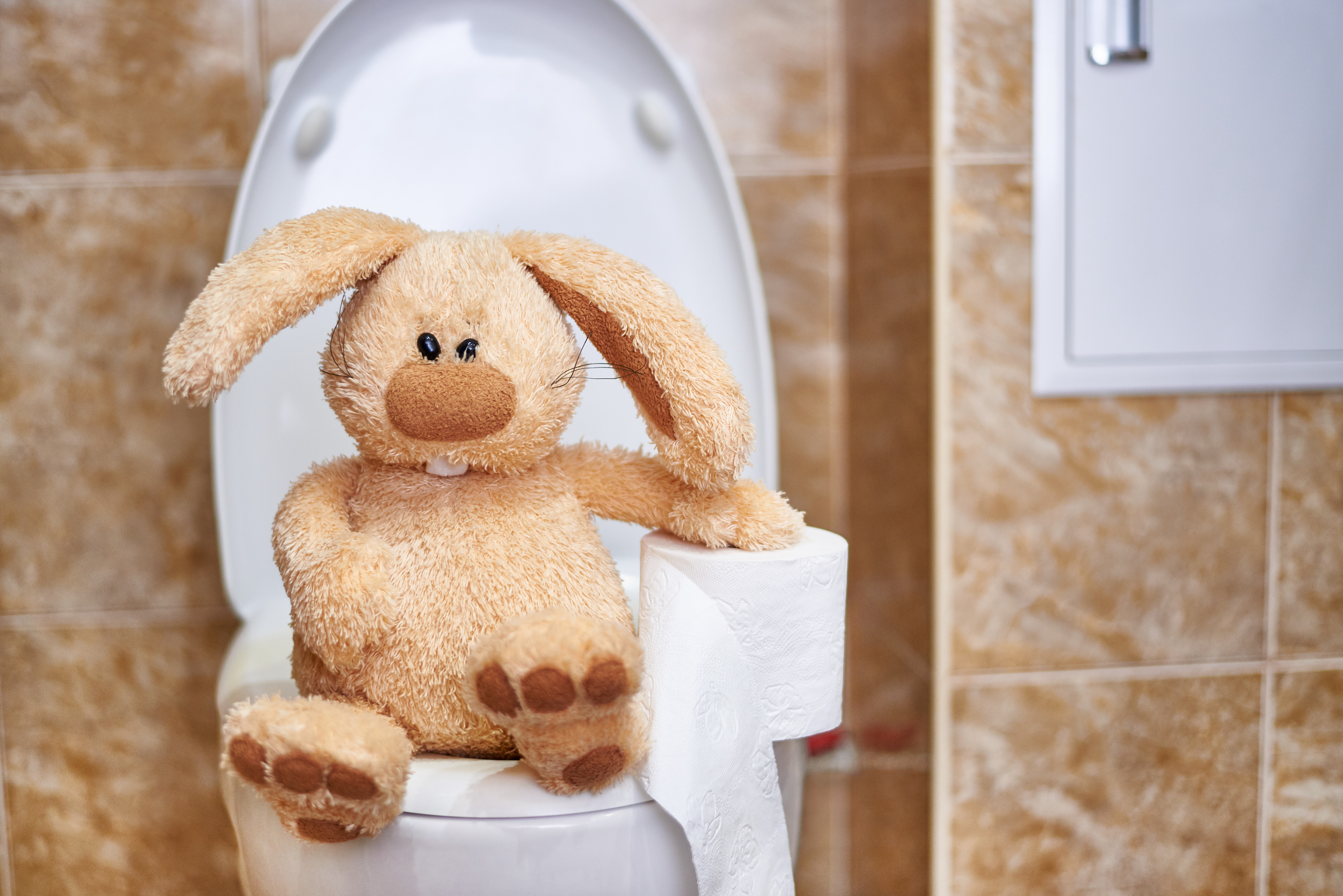
Not all signs of kidney trouble come with pain or visible illness—some show up in the most routine moments, like a trip to the bathroom. Urine that appears excessively foamy, bubbly, or frothy may indicate that protein is spilling into your urine, a condition known as proteinuria. Healthy kidneys act as precise filters, but when they're damaged, those filters weaken and allow essential proteins to pass through. This early clue often goes unnoticed unless you’re looking for it, yet it can be a vital signal of kidney dysfunction. If your urine looks different for more than a few days, it’s worth a second glance—and a conversation with your doctor.
4. Swollen Ankles or Feet

If your lower legs or ankles seem unusually swollen—especially by evening—it could be more than just poor circulation or salty food. When kidneys lose the ability to properly regulate sodium and water, fluid can build up in the tissues, particularly in gravity-prone areas like the feet. This swelling, or edema, can leave sock marks, tight shoes, and a heavy, bloated sensation. It might ease with rest or elevation, but if it becomes a pattern, your kidneys could be the underlying issue. Ignoring it may allow a manageable condition to silently worsen. Think of it as your body asking you to pause and investigate.
5. Changes in Urination

Because your kidneys create urine, any unusual shift in your bathroom habits could be worth noting. That includes urinating far more—or far less—than usual, especially at night. The color may change, turning dark, cloudy, or unusually pale. You might notice a strong odor, a burning sensation, or difficulty beginning or finishing. These subtle disruptions are easy to write off, but they often reflect real stress on your kidneys. In particular, frequent nighttime urination or sudden urgency could be signs of impaired filtration. Paying attention to what’s in the toilet bowl might not feel glamorous—but it can offer a critical look at what’s going on inside.
6. Muscle Cramps (Especially in Legs)

A charley horse here and there isn’t unusual. But if you’re getting frequent or severe muscle cramps—especially in your legs—it may point to something systemic. The kidneys help regulate levels of key minerals like calcium, phosphorus, and potassium. When that balance is disrupted due to declining function, muscles become more prone to misfiring. These cramps can feel sudden, painful, and persistent, and are often dismissed as dehydration or overexertion. But if you’re otherwise healthy and cramps keep recurring without a clear trigger, your electrolyte balance—and kidney function—might be behind it. It’s your body’s quiet way of signaling that something’s off.
7. Shortness of Breath

If you find yourself winded climbing stairs, walking to the car, or even at rest, it might not just be lack of fitness. When kidney function declines, fluid can accumulate in the lungs, making it harder to breathe. Additionally, your kidneys help produce erythropoietin, a hormone that prompts red blood cell production. Without it, anemia can set in—reducing oxygen delivery throughout your body and causing breathlessness. This shortness of breath can sneak up gradually and is often chalked up to stress or aging. But if it’s new, persistent, or out of proportion to your activity, it’s worth asking whether your kidneys are involved.
8. Dry or Itchy Skin
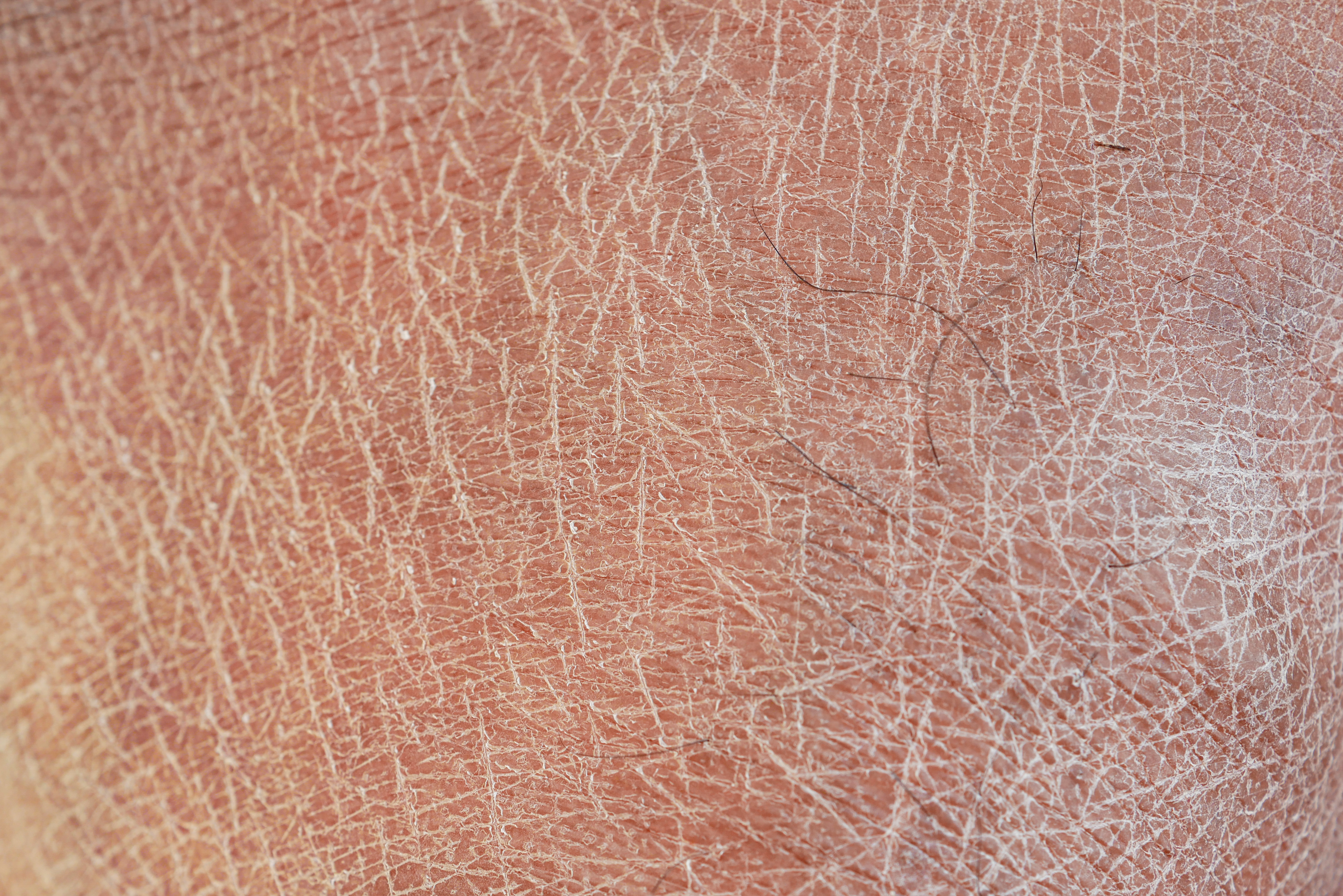
Skin can reveal a lot about what’s happening inside the body—and chronic, unexplained itchiness might be more than a minor nuisance. Healthy kidneys regulate minerals like phosphorus and help remove waste from the bloodstream. When they’re impaired, those wastes can accumulate and trigger intense skin irritation, even without a rash. This kind of itch isn’t usually responsive to moisturizers, and it may feel deep or generalized rather than localized. Over time, it can disrupt sleep, concentration, and comfort. If your skin feels persistently dry, itchy, or irritated—especially along with other signs of internal imbalance—it could be a sign your kidneys aren’t keeping up.
9. Metallic Taste in Mouth or Ammonia Breath

If your favorite foods suddenly taste different—or you notice a strange metallic aftertaste or bad breath that doesn’t resolve with brushing—it could point to rising toxin levels in your bloodstream. This happens when underperforming kidneys can’t fully eliminate waste products like urea. As urea breaks down, it produces ammonia, which can alter your taste and give your breath a sharp, chemical smell. Many people mistake this for dental problems or poor hygiene, but it’s often a deeper metabolic issue. Left unchecked, this symptom may worsen and affect appetite and nutrition. It’s a small but significant way your kidneys may be calling for attention.
10. Trouble Concentrating

A mind that feels muddled, slow, or distracted might not just be due to sleep or stress. Impaired kidney function can lead to a buildup of toxins in the blood, which affects the brain’s ability to process information clearly. Additionally, anemia—common in kidney disease—means less oxygen is reaching the brain, compounding feelings of fogginess and memory issues. If you're normally sharp and find yourself struggling to focus, recall details, or stay mentally present, it's worth considering if there's a physiological root. Often, brain fog is dismissed or minimized—but in the context of kidney health, it may be a key clue.
11. High Blood Pressure That Won’t Budge

The relationship between kidneys and blood pressure is a two-way street. Not only can high blood pressure damage your kidneys over time, but declining kidney function can also lead to elevated blood pressure that refuses to respond to lifestyle changes or medication. Kidneys help regulate blood volume and produce hormones that influence vessel constriction. When they begin to fail, these processes go awry. If your readings stay high despite your best efforts—or if your doctor can’t pinpoint a cause—it may be time to assess your kidney function. Silent, resistant hypertension is one of the more insidious early flags of renal stress.
12. Loss of Appetite, Nausea, or Vomiting: Digestive Distress

Beyond changes in taste, a subtle yet alarming sign of kidney distress is a persistent loss of appetite, accompanied by nausea or even vomiting. This isn't just a stomach bug; it's a systemic reaction to the accumulation of waste products (uremia) that impaired kidneys can't filter. These toxins irritate the digestive system and disrupt hunger signals. If food suddenly seems unappealing, or you're experiencing unexplained queasiness, especially alongside other subtle symptoms, your kidneys might be struggling to manage your body's internal environment.
13. Poor Sleep Quality or Insomnia: The Nightly Disruption

Trouble sleeping, beyond simple fatigue, can be an insidious signal from your kidneys. Impaired kidney function can lead to a buildup of toxins that directly interfere with sleep-wake cycles, making it hard to fall asleep or stay asleep. Additionally, restless legs syndrome, common in kidney disease, can severely disrupt rest. If you're constantly waking up, struggling with insomnia, or never feeling truly rested, it might be more than just stress; your kidneys could be struggling to filter the compounds essential for a peaceful night's sleep.
14. Restless Legs Syndrome (RLS): The Uncontrollable Urge

A highly specific and often overlooked symptom linked to kidney distress is Restless Legs Syndrome (RLS). This condition manifests as an irresistible urge to move the legs, often accompanied by uncomfortable sensations (creeping, crawling, aching) that worsen at rest or at night. RLS is significantly more common in individuals with kidney disease, particularly those on dialysis, likely due to imbalances in iron and other minerals that affect nerve function. If these peculiar sensations disturb your sleep or rest, it's a distinct clue your kidneys might be calling for attention.
15. Bone or Joint Pain: The Skeletal Cry for Help

Beyond muscle cramps, persistent bone or joint pain can be a surprising kidney warning sign. Healthy kidneys are vital for maintaining the right balance of calcium, phosphorus, and vitamin D, crucial for strong bones. When kidney function declines, this delicate balance is disrupted, leading to weakened bones (renal osteodystrophy) or calcium deposits in joints. This can manifest as aching bones, sharp joint pains, or even fractures. If unexplained skeletal discomfort persists, your kidneys might be struggling to maintain your body's mineral homeostasis.
16. Unexplained Back or Flank Pain: The Kidney's Proximity Signal

While often dismissed as muscle strain or a common backache, persistent pain in your lower back or flanks (the sides of your torso, just below your ribs) can be a direct signal from your kidneys. This isn't necessarily a classic "kidney stone" pain, but a dull, aching sensation that might indicate infection, cysts, or inflammation within the kidneys themselves. Because the kidneys are located near your back muscles, this referred pain can be deceptive. Any new or worsening pain in this area, especially with other subtle symptoms, warrants investigation.
17. Numbness or Tingling in Extremities: The Neuropathy Whisper

A subtle, creeping numbness or tingling sensation in your fingers, toes, hands, or feet (peripheral neuropathy) can be a startling, insidious sign of advanced kidney disease. As kidneys fail, toxins accumulate in the bloodstream and can damage peripheral nerves. This nerve damage disrupts communication between the brain and extremities, leading to altered sensations. If you experience persistent, unexplained "pins and needles," or a burning sensation, it's a red flag that your kidneys might be struggling to clear harmful waste products that affect nerve health.
18. Pale Skin (Anemia): The Blood's Silent Story
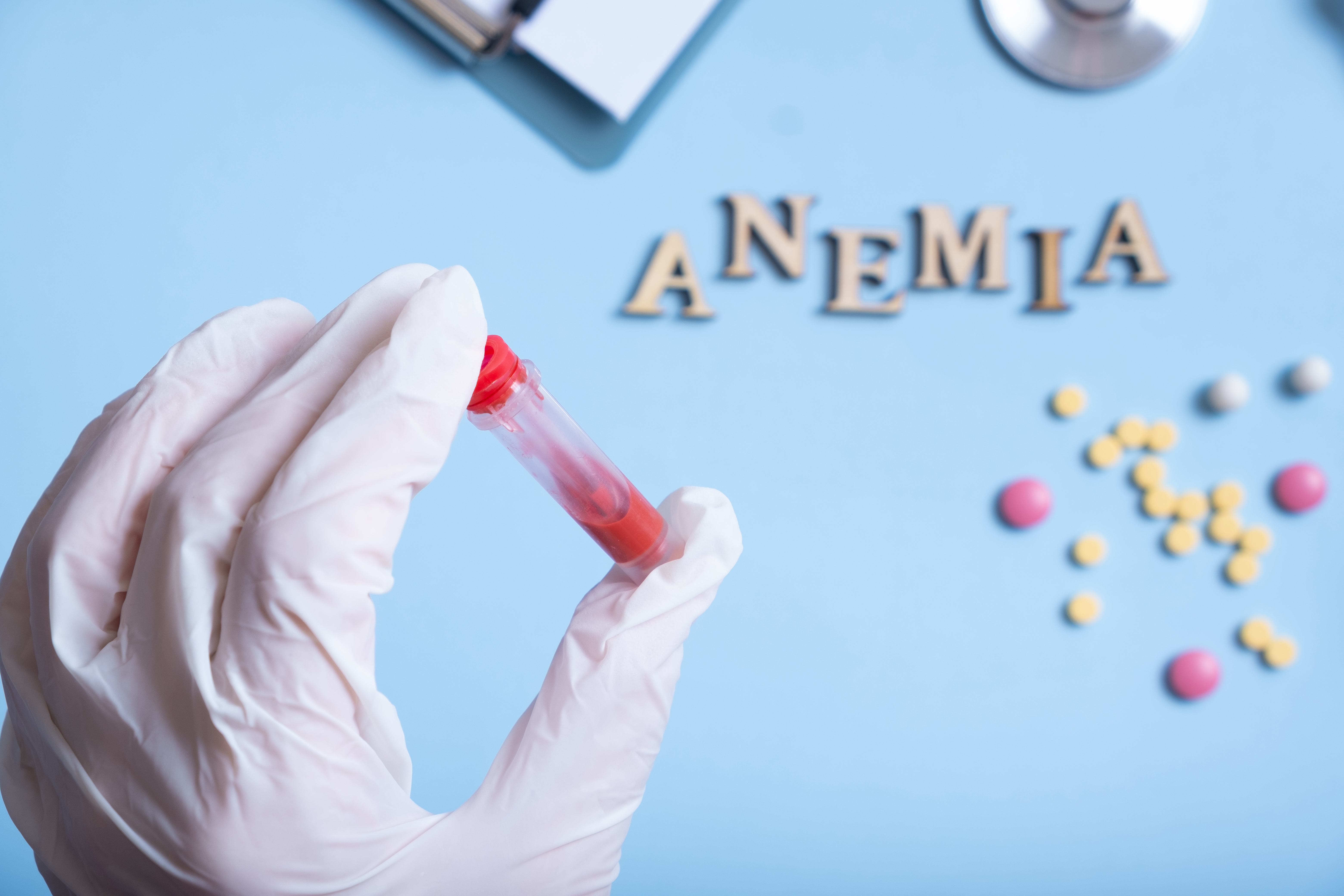
Beyond feeling fatigued, persistently pale skin can be a visual clue of anemia, a common complication of kidney disease. Healthy kidneys produce erythropoietin (EPO), a hormone that signals the bone marrow to make red blood cells. When kidneys are damaged, EPO production decreases, leading to fewer red blood cells and thus less oxygen delivery throughout the body. If your skin looks noticeably paler than usual, especially on your palms, fingernails, or inner eyelids, it's a subtle but important indicator of kidney-related anemia.
19. Easy Bruising or Bleeding: The Clotting Conundrum

Unexplained easy bruising or prolonged bleeding from minor cuts can be a startling, less common warning sign of kidney dysfunction. Healthy kidneys play a role in regulating the body's clotting factors and platelet function. When kidney disease progresses, it can disrupt these processes, leading to impaired blood clotting. If you notice unusual bruising, nosebleeds, or cuts that take an abnormally long time to stop bleeding, it might be a subtle but serious signal that your kidneys are impacting your blood's ability to coagulate effectively.
20. Changes in Body Odor (Uremic Fetor): The Unmistakable Scent

A very specific, yet easily dismissed, sign of advanced kidney distress is a noticeable change in body odor or breath, often described as a urine-like, fishy, or ammonia smell (known as uremic fetor). This occurs when kidneys fail to adequately remove waste products like urea from the blood, causing them to accumulate and be released through sweat and breath. If you or others detect an unusual, persistent body odor or a strange taste, it's a distinct, albeit unpleasant, signal that your kidneys are struggling to detoxify your system.
21. Chronic Headaches: The Pressure on the Brain

Persistent or increasingly severe headaches can be a subtle warning sign of kidney issues, particularly when linked to uncontrolled high blood pressure (which kidneys directly influence) or the buildup of toxins. When kidneys can't properly filter waste, these substances can cross the blood-brain barrier, leading to neurological symptoms like headaches. If you're experiencing chronic headaches that don't respond to usual remedies, especially alongside other subtle signs, it warrants investigation into your kidney function as a potential underlying cause.
22. Frequent Hiccups: The Nervous System Nudge

Occasional hiccups are harmless, but if they become frequent or stubbornly persistent, it could signal something deeper—like kidney dysfunction. In advanced kidney disease, the buildup of toxins such as urea can irritate the nerves that control the diaphragm, leading to recurring hiccups. These are often overlooked as minor annoyances, chalked up to digestion or stress, but when they persist without clear cause, they may point to uremic imbalance. Especially if they’re accompanied by loss of appetite, nausea, or fatigue, don’t ignore the pattern—your nervous system might be reacting to toxins your kidneys can no longer filter out efficiently.
23. Unquenchable Thirst: The Dehydration Illusion

Ironically, kidney dysfunction can make you feel more dehydrated, even when fluid balance is the problem. When the kidneys struggle to concentrate urine properly, the body loses excess water and electrolytes—causing you to feel constantly thirsty. This isn’t the kind of thirst quenched with a glass of water; it’s persistent and often paired with dry mouth, frequent urination, or electrolyte imbalance. Many mistake it for diabetes or hot weather dehydration, but when thirst feels insatiable despite adequate intake, it may be your kidneys struggling with fluid regulation. It’s a quiet but serious plea for attention from your filtration system.
24. Dark Circles Under the Eyes: More Than Sleeplessness

We often blame under-eye circles on late nights or genetics—but when they deepen or persist, they can also reflect internal imbalance. Kidneys regulate fluid and remove waste; when compromised, toxins and fluid can accumulate in delicate facial tissues, leading to puffiness and visible darkness under the eyes. Additionally, anemia from kidney-related low red blood cell production can exaggerate the sunken, shadowed look. If you notice your under-eye area changing despite good rest and hydration, your skin may be reflecting what your kidneys are quietly enduring beneath the surface.
25. Cold Intolerance: The Internal Chill

Always feeling cold—especially in warm environments or when others are comfortable—might stem from more than poor circulation. When kidneys decline, they often cause anemia, reducing oxygen delivery to tissues and leading to a drop in internal body warmth. This can manifest as cold hands and feet, chills without fever, or a constant need for layers. It’s easy to dismiss as low iron or a weak immune system, but when paired with fatigue, pale skin, or poor appetite, persistent cold sensitivity could be your body flagging kidney-related oxygen deficiency. Listen to the chill—it may be more than the thermostat.
26. Difficulty Managing Stress: The Emotional Undercurrent

When kidneys falter, so can your emotional regulation. Studies link chronic kidney disease to higher rates of anxiety and depression—not just from the diagnosis, but due to physiological shifts. Toxin buildup and disrupted hormone balance can impair neurotransmitter function, making it harder to manage mood and stress. You might feel unusually irritable, emotionally flat, or prone to overwhelm in situations you previously handled with ease. While it’s easy to blame burnout or external stressors, this kind of mental strain may be rooted in biology. Your mind might be mirroring a deeper imbalance your kidneys are quietly struggling to contain.
27. Brittle Nails or Ridges: The Fingertip Forecast
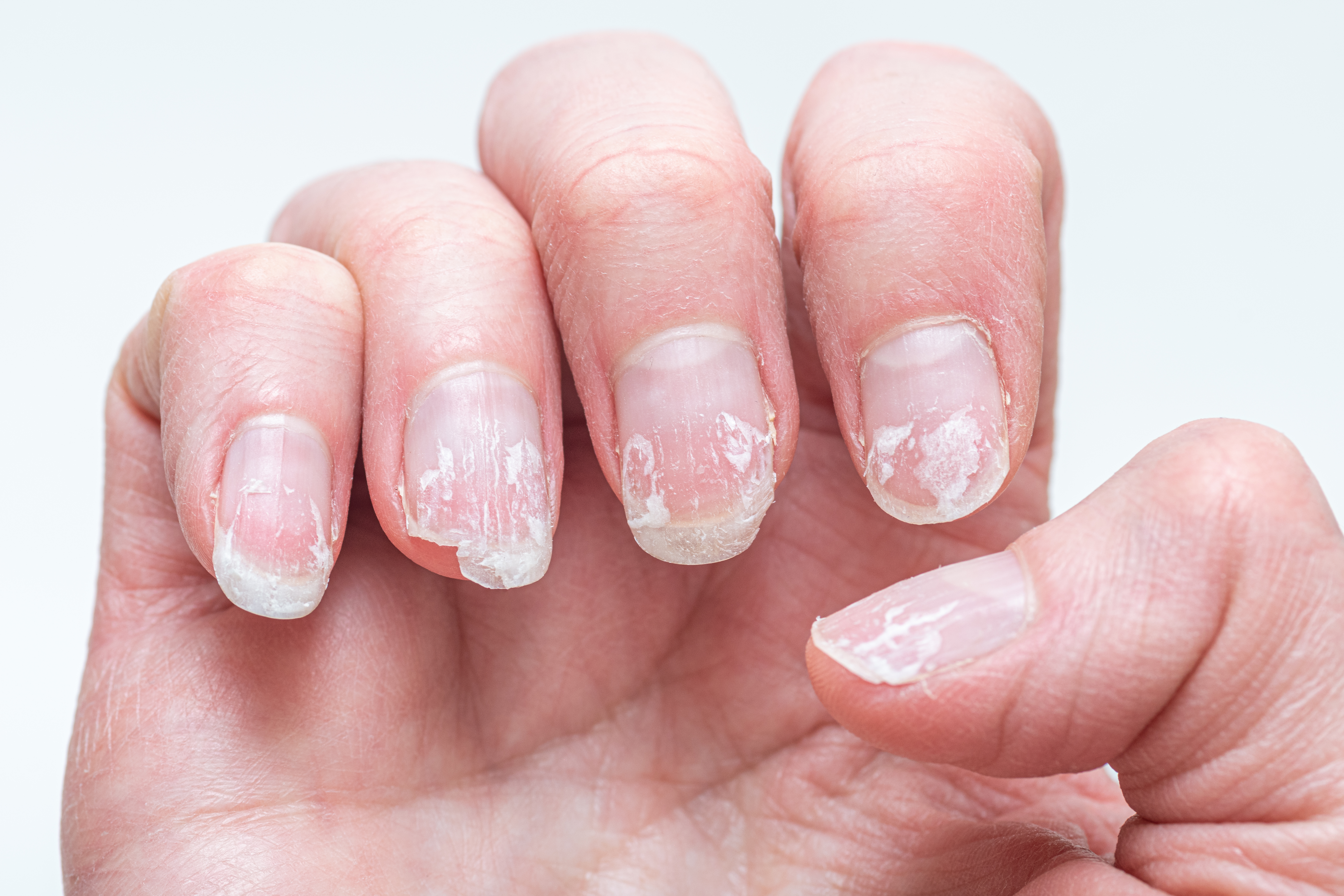
Your nails can offer clues about what's happening deeper inside your body—especially when it comes to kidney health. Brittle, ridged, or spoon-shaped nails may signal nutrient imbalances or anemia, both common in chronic kidney dysfunction. The kidneys play a key role in processing calcium, phosphorus, and other minerals essential for strong nails. As filtration declines, these nutrients may become depleted or poorly regulated, leading to changes in nail texture and growth. If your nails start peeling, cracking, or forming deep horizontal lines (called Beau’s lines), it might be more than cosmetic—your kidneys could be sending a subtle SOS.
28. Frequent Urinary Tract Infections (UTIs): A Pattern of Pressure

One UTI isn’t unusual—but recurring infections may point to something deeper. When kidneys are weakened or blocked (by stones, scarring, or anatomical issues), urine can back up into the bladder or kidneys themselves, increasing the risk of infection. Frequent UTIs, especially with lower back pain or fever, may signal underlying kidney distress. Left untreated, infections can spread and damage kidney tissue. If you're facing more than two UTIs a year—or if they’re resistant to treatment—it’s worth checking kidney structure and function. Sometimes, what seems like a bladder issue is really a kidney crisis waiting to escalate.
29. Reduced Sense of Taste or Smell: Sensory Shutdown

If your favorite foods start tasting flat, metallic, or just “off,” it may be a biochemical warning from your kidneys. When these organs struggle to filter toxins, waste products like urea accumulate in the bloodstream and can dull taste receptors and olfactory nerves. This can lead to reduced appetite and weight loss—worsening nutrient deficiencies already associated with kidney issues. It’s a gradual change that’s easy to brush off, but when combined with fatigue or nausea, diminished taste or smell becomes a significant marker. If your sensory world feels muted, your kidneys may be quietly struggling behind the scenes.
30. Skin Discoloration or Yellowish Tint: The External Alarm

Kidney dysfunction doesn’t just affect internal systems—it can show up on your skin. A yellow or brownish tint, especially on the face or hands, may result from the buildup of uremic toxins that your kidneys can’t clear. In some cases, skin may appear waxy or develop a grayish pallor due to anemia and waste accumulation. These changes are often mistaken for liver issues or poor circulation, but they’re also linked to advanced kidney disease. If your complexion looks visibly dull, yellow, or altered despite good skincare and nutrition, it may be your body’s way of projecting an internal imbalance.
31. Difficulty Thinking Clearly After Meals: The Post-Meal Fog

If your mind feels foggy or sluggish after eating, it could reflect more than a heavy meal—it might be a sign your kidneys aren’t regulating blood chemistry well. Impaired kidneys can struggle to balance electrolytes and remove byproducts of digestion, especially after high-protein meals. This can temporarily affect brain function, leading to fatigue, poor focus, or lightheadedness post-meal. While often misattributed to blood sugar swings, this “mental dip” may be tied to waste accumulation that healthy kidneys would normally clear. If your post-meal clarity consistently drops, it’s time to explore whether your digestion—or filtration—is being compromised.
32. Sudden, Unexplained Weight Loss: The Hidden Energy Drain

While swelling can cause weight gain, a less-obvious sign of kidney trouble is sudden, unexplained weight loss. This isn't from dieting or increased exercise; it’s a symptom of deeper systemic stress. The constant nausea, metallic taste in the mouth (uremic fetor), and chronic loss of appetite—all symptoms of toxin buildup—can make food profoundly unappealing. This consistent reduction in caloric intake, coupled with the metabolic effort the body expends trying to cope with waste accumulation, leads to muscle wasting and weight loss. If you’re consistently dropping weight without trying, and your appetite has vanished, it’s a powerful signal that your body's energy balance is being hijacked by toxins your kidneys can no longer manage effectively.
When Your Kidneys Whisper—Listen Closely
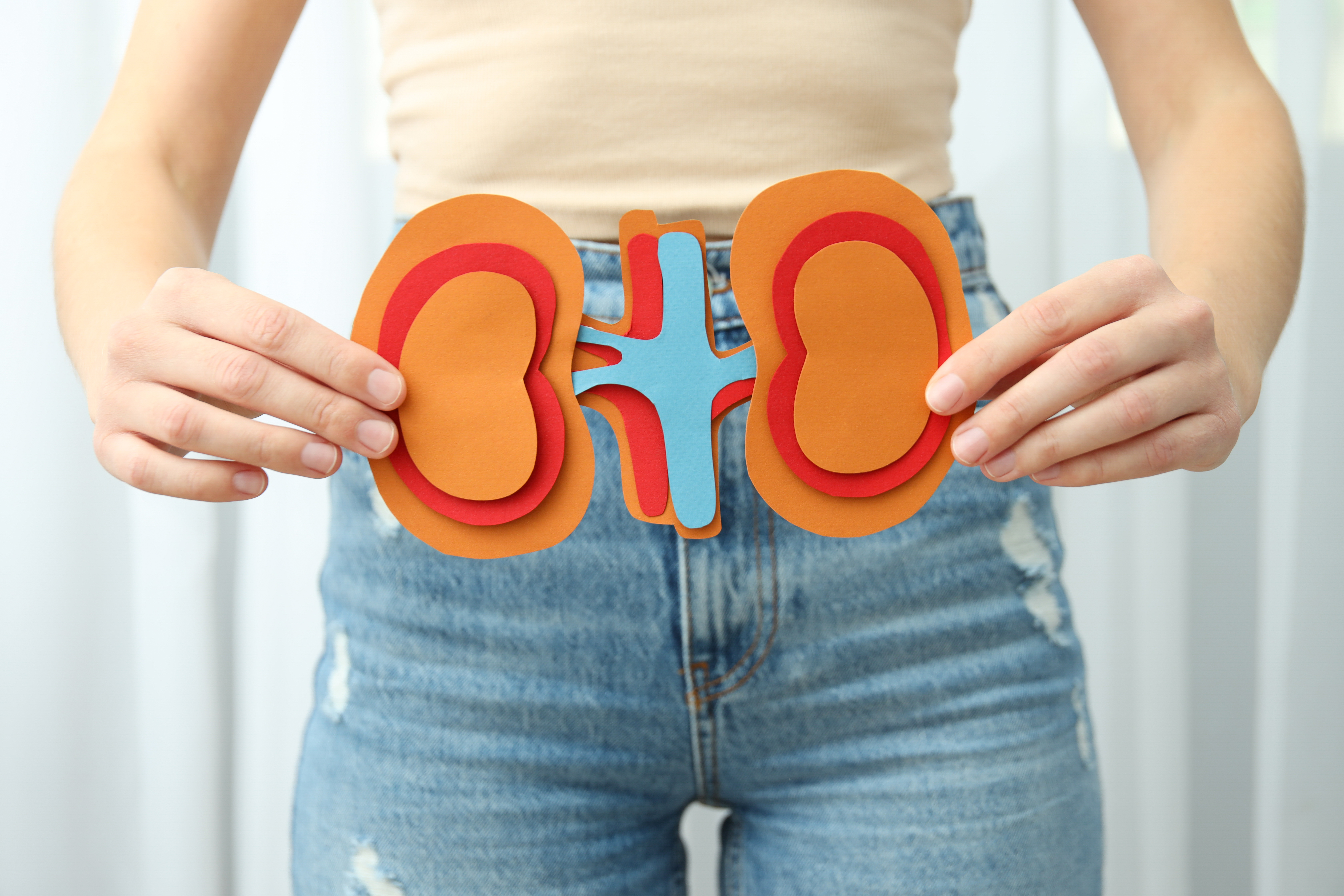
Your kidneys are quiet heroes—working tirelessly behind the scenes, filtering every drop of blood, balancing your body's chemistry, and keeping you alive without ever asking for applause. But when they start to falter, they rarely scream. They whisper. Through puffy eyes, strange tastes, fatigue, skin changes, or even mood shifts—your body leaves a breadcrumb trail of warnings. That’s why these signs matter. They’re not overreactions—they’re early interventions. Catching them could mean the difference between manageable treatment and irreversible damage. So don’t wait for the loud symptoms to show up. Pay attention to the quiet ones. Track the changes that seem minor. Ask questions when something feels off. Because when your kidneys speak—even in a whisper—they’re telling you something vital. And listening now could give you years of health your future self will thank you for. The signs are there. The power to act is yours.